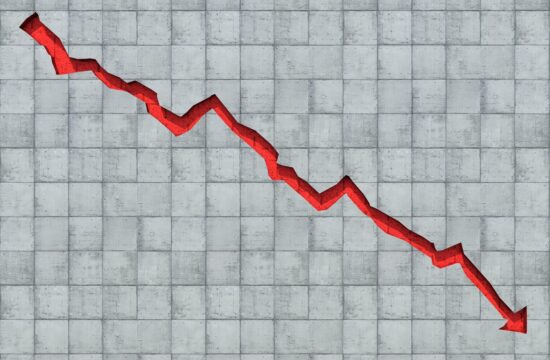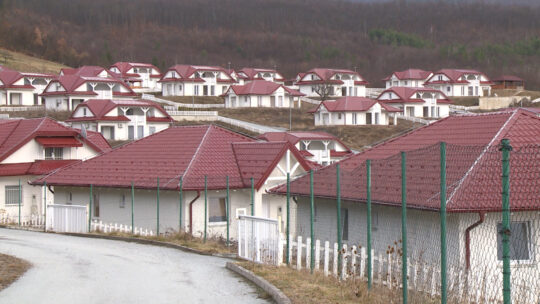
After Bosnia’s war crimes court acquitted on Friday the commander of the eastern enclave of Srebrenica of war crimes charges for the second time, Bosnian Serbs leaders concluded that there is no justice for Serbs in Bosnia.
Naser Oric was accused of killing three Serb civilians in villages surrounding the town of Srebrenica which Serb forces kept itself under siege throughout Bosnia’s 1992-95 war.
Oric was first convicted and sentenced to two years in jail by the International Criminal Tribunal for the former Yugoslavia in The Hague in 2006 for failing to try to prevent the murder and cruel treatment of a number of Serb prisoners. But since he had at that point spent three years in jail during the trial, he was released right after the sentence was pronounced.
Yet Bosnian Serb representatives, who dispute most of the UN court’s rulings, accused the court of anti-Serb bias.
New charges were raised against Oric after he returned to Bosnia. This time for the murder of the three Serb civilians.
He was acquitted in the first instance ruling which prosecutors appealed.
The Appeals Chamber of Bosnia’s State Court ordered a retrial, and on Friday Oric and his Bosnian Army subordinate, Sabahudin Muhic, were both acquitted again.
The ruling disappointed Bosnian Serb representatives.
The President of the Serb Democratic Party (SDS), Vukota Govedarica, said in a statement that the acquittal was “the final proof that there is no justice for the Serbs in Bosnia and Herzegovina.”
“Who will be held responsible for the Serb victims and when?” Govedarica’s statement asked.
“Who will be facing justice for the slaughtered Serbs, the raped Serb women and the killed Serb children? Obviously, nobody because justice is in the hands of politics and not the law,” he said.
“Serb victims deserve peace and justice which they can’t get as long as those responsible for their deaths remain free,” said the press release.
The Chairman of the National Assembly of Republika Srpska (RS), the Serb-dominated semi-autonomous entity in Bosnia, also criticised the ruling, saying that it is the continuation of selective, political, biased and unfair work of the Bosnian judiciary.
“This is another one in a line of verdicts by the Bosnian judiciary which is detrimental to justice, the truth and reconciliation in this country,” said Nedeljko Cubrilovic, adding that Bosnia’s Court has “continued the practice” of ignoring crimes committed against Serbs during the past war.
“This is an insult to the more than three thousand Serb victims in the Birac region,” he said, adding that such rulings are detrimental to mutual trust in the country.
Srebrenica was kept by Bosnian Serb forces under siege throughout the 1992-95 war, with Bosnian Army forces under Oric’s command trying to break the siege and attacking in 1992 Serb villages surrounding the city.
Although the UN declared Srebrenica a ‘safe zone’ for civilians in 1993, it did not prevent the July 1995 genocide of more than 8,000 Bosniak men and boys.





